With more and more studies revealing the importance of a healthy digestive system, and fermented foods still a major food trend, there’s never been a better time to invest in your gut microbiome.
What is your Microbiome?
Your microbiome, or microbiota, consists of all of the micro-organisms that live in your body, such as bacteria, fungi, protozoa, viruses and yeasts. Many of these are beneficial and contribute to your overall wellbeing. In fact, studies show that the microbial cells in your body outnumber your own human cells, and may weigh as much as 2kg!
Your gut microbiome is the collection of micro-organisms living in your digestive system. Maintaining a balance of “good,” or beneficial bacteria is not only important for a smooth digestive process but is increasingly thought to play a role in a myriad of other areas from mental health and obesity to cancer.
In fact, your microbiota plays such a pivotal role in the normal functioning of the body that many experts nowadays consider it to be an “organ”! Feeding your gut with plenty of probiotics and prebiotics is the best way to keep it in tiptop shape.
Probiotics vs prebiotics
Probiotics are foods (or food supplements) that contain live bacteria thought to be beneficial to us.
Prebiotics are foods that feed our existing gut bacteria and encourage the development of a diverse community of microbes. These are largely plant-based foods rich in fibre.
Which foods are probiotic?
• Live yoghurt: Look for yoghurts that say “live” on the carton, or list bacterial cultures as an ingredient.
• Kefir: This fermented milk drink can be enjoyed as is — with its slightly sour, lactic tang — or whizzed up with fruit to make
a smoothie.
• Miso: Made from fermented soybeans, miso is a staple of Japanese cooking and adds a delicious savoury flavour to dips, dressings, sauces and soups.
• Sauerkraut: This fermented cabbage is a German staple and is especially delicious in sandwiches or served with sausages.
• Kimchi: Essentially a spicy Korean version of sauerkraut, kimchi is enjoying a moment in the spotlight and is fantastic in noodles, rice dishes, stews — or cheese toasties!
• Sourdough: Made using fermented dough, many people find sourdough more easy to digest than regular bread.
• Kombucha: This fermented tea and is full of good bacteria. It has a sharp, vinegary taste and can be used as a refreshing drink on its own or mixed with flavourings like fruit and spices.
• Raw milk cheese: Cheeses made with raw (or unpasteurised) milk contain live bacteria. The mould in blue cheeses, like Roquefort, may also be beneficial.
Which foods are prebiotic?
• Legumes: Peas, chickpeas, lentils and beans are full of soluble and insoluble fibre to help keep your system in balance.
• Cruciferous vegetables: Brussels sprouts, cabbage, broccoli, kale and cauliflower are excellent sources of fibre.
• Olive oil: Gut bacteria like a diet of fatty acids and polyphenols, both of which are found in heart-healthy olive oil.
• Bananas: One of nature’s handiest snacks, bananas are full of the kind of fibre that good bacteria enjoy. They also contain healthy minerals.
• Almonds: High in fibre and full of fatty acids and polyphenols, almonds bring multiple benefits to your gut bacteria.
• Alliums: Garlic, onions and leeks can help keep “bad” gut bacteria under control.
• Seaweed: Seaweed is high in many nutrients, including being richer in fibre than many fruits and vegetables.
Follow our 6 important steps to improve your overall gut health.
- Eat a wide range of foods, especially those that are plant-based. A healthy gut has a diverse community of microbes, each of which prefers different foods.
- Avoid highly processed foods. They often contain ingredients that either suppress ‘good’ bacteria or increase ‘bad’ bacteria.
- Focus on fibre. Most people eat less than they should. Fruit, vegetables, legumes, nuts and whole grains are high in fibre, which can’t be digested by your body but feeds certain beneficial bacteria in your gut.
- Choose extra-virgin olive oil over other types of fat wherever possible. It contains the highest number of microbe-friendly polyphenols.
- Antibiotics attack all of your bacteria, not just the harmful ones. If you need to take antibiotics, make sure you eat lots of probiotic and prebiotic foods once your finish the course — it’s important to restore your microbiome.
- If your diet is low in fibre, a sudden increase can cause wind and bloating. This is less likely if you make gradual changes and drink extra water.
- summer events
- small business
- gut health
- OATLY
- healthy
- Crudo
- top tips
- All Together Now
- fridge cake
- Events Waterford
- me auld flower
- Events Ireland
- food festival
- news
- dublin
- events Dublin
- dublin festival
- Home-Cooking
- food and drink festival
- online cooking course
- festival line-up
- cooking
- Summer festival
- eco-friendly
- Events
- cosy
- Festivals Ireland
- wine
- Body & Soul
- grapes
- music festival
- south africa
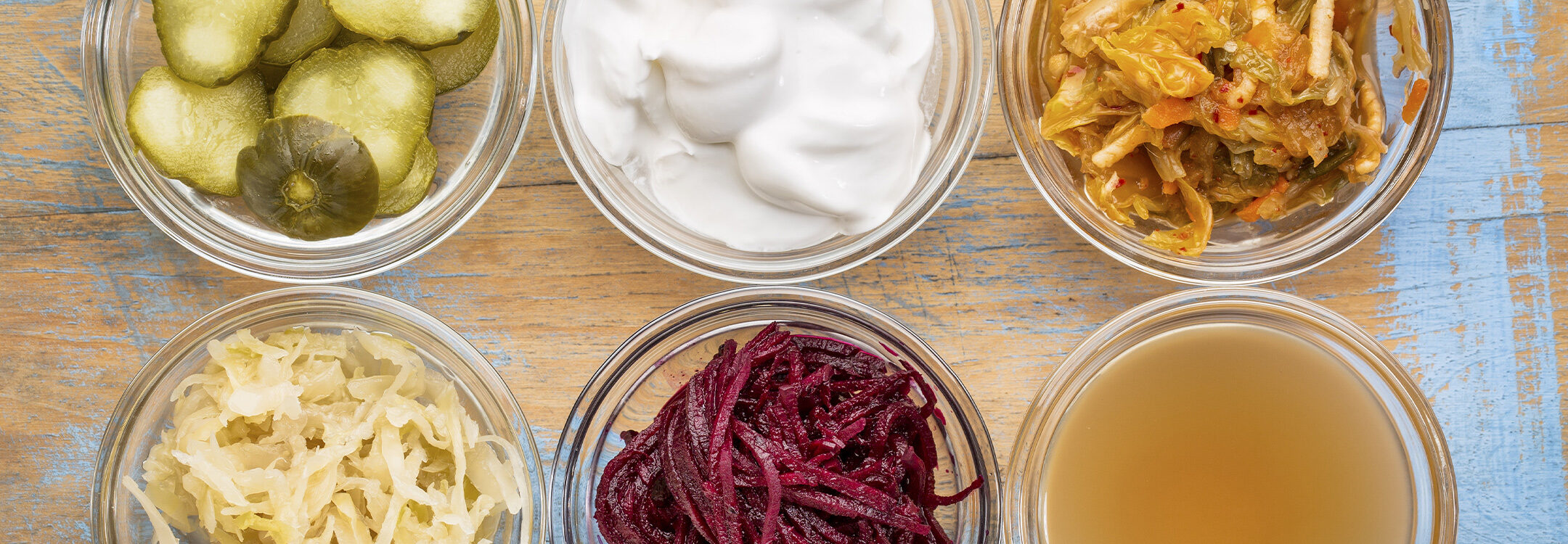
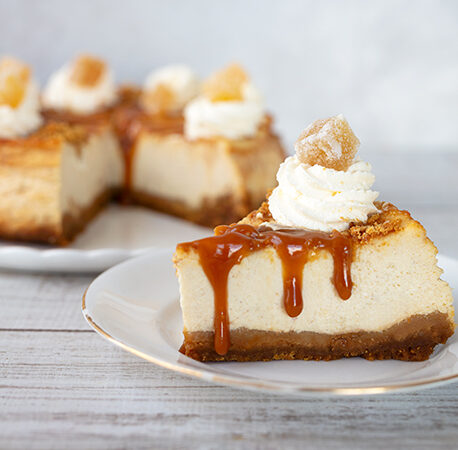
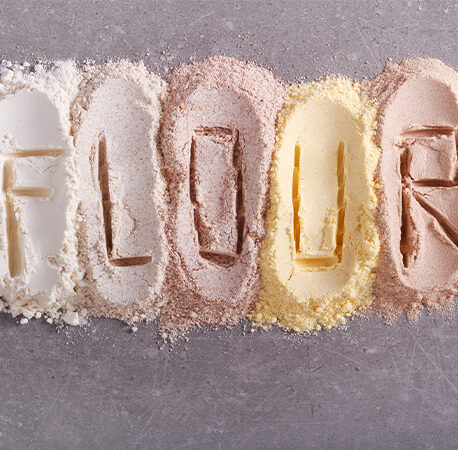
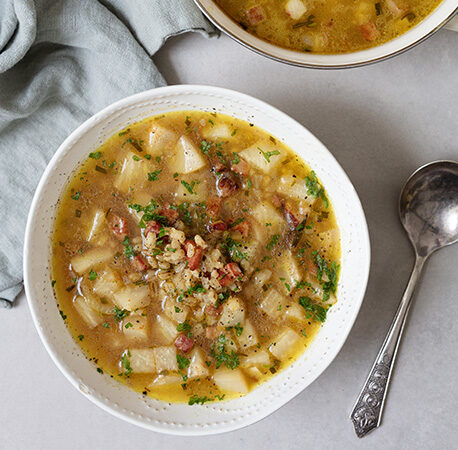
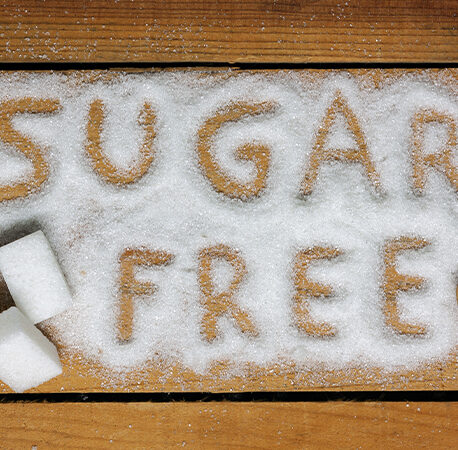
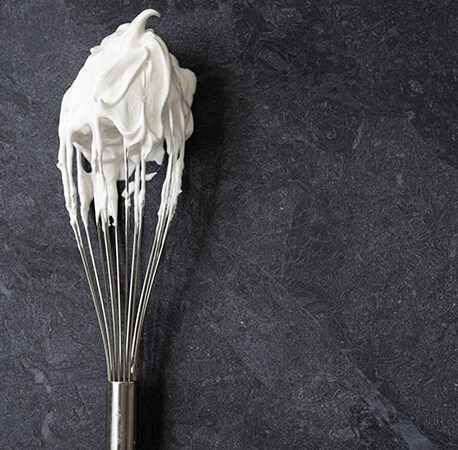
You have to be signed in to comment this post.